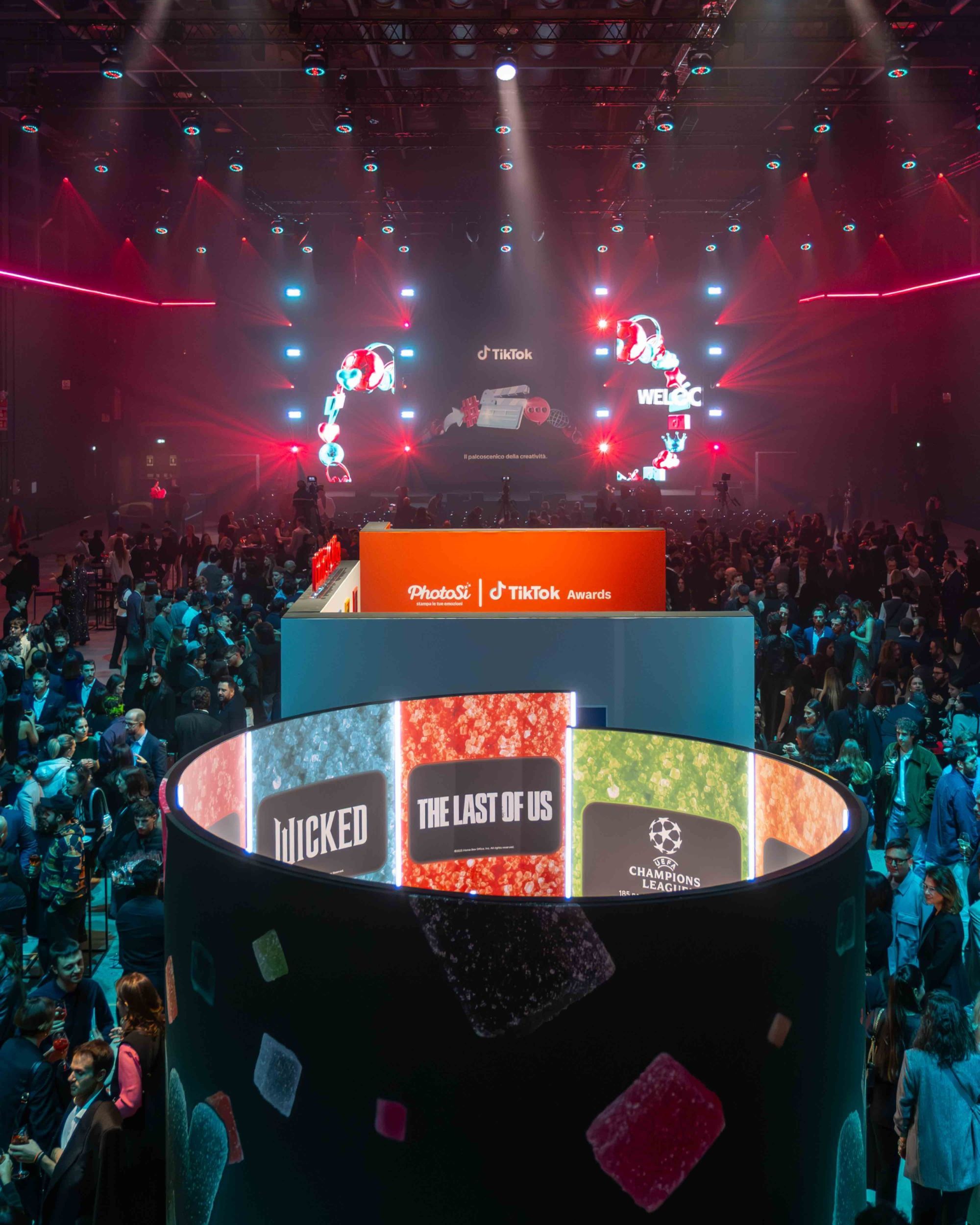
Does the US government want to ban TikTok forever? What has happened since Joe Biden signed legislation to remove the app from federal government devices
A few weeks ago, US President Joe Biden signed a law to remove the fashionable new favorite app from federal government devices. The 'No TikTok on Government Devices Act' gives the government 60 days to set guidelines for a new possible restriction that opens the door to far more drastic consequences, like a permanent ban for all. Since 2020, 20 US states have taken steps to delete the Chinese-owned app from some or all government devices. This makes it even clearer that the US considers TikTok a real threat, despite its reputation as a harmless melting pot of videos of dancing teenagers. It's a bill that has a long way to go before its hypothetical passage, but one that would affect more than 100 million TikTok users in the US and numerous fashion companies for whom the social platform is an important advertising tool. «Congress hates TikTok» James Andrew Lewis, director of the Strategic Technologies Program at the Centre for Strategic and International Studies, a think tank in Washington DC, told BoF. But what are the real reasons for this hostility?
@misscarolineflett Is TikTok about to be banned in the US? Here's everything you need to know about the news about the potential TikTok ban in the US. To make sure this story was as accurate as possible, I consulted CBC, BBC, Forbes, Rolling Stone, social media today, and other trusted sources. I’ll be covering: 1. TikTok Ban - US government devices 2. TikTok Ban for US general public 3. Why do they want to ban the TikTok app? 4. TikTok’s response 5. How likely is it that TikTok will get banned? 6. What I think will happen Here are the quoted websites, sources and articles: NPR online, author: Bobby Allyn BBC online, author: Natalie Sherman Forbes online, author: Peter Suciu Socialmediatoday, author: Andrew Hutchinson CBC online, author: Thomson Reuters BBC online, author: Natalie Sherman Rolling Stone online, author: Nikki McCann Ramirez Thanks to @@the.law.says.whatfor their informative video on the possible TikTok ban in the US ##tiktokban##tiktoktips##Socialmediatips##tiktokupdate SynthWave Blade Runner - 21bff51528b0485e8f0fed49572d930a.png
The US fears that the Chinese government, through parent company ByteDance, could gain access to TikTok's vast datasets on US users or take control of the algorithm that determines what users see, allowing China to, in the words of FBI director Christopher Wray, "manipulate content". It's a problem first raised by former President Donald Trump, whose attempt to ban the app was blocked by a court and later overturned by Biden. And although TikTok has denied claims that the Chinese Communist Party can influence viewers, concerns about data are not abating. In particular, there is growing concerned about the possibility that TikTok's leadership could use the data to obtain sensitive information about members of the government or employees of critical US infrastructure companies. Despite efforts to isolate the platform from China - including hiring Texas-based Oracle to shop the US data - it seems impossible to separate the two while the app is Chinese-owned, as Beijing can force private companies in the country to hand over their data at any time. Add to this the fact that ByteDance recently admitted to accessing the data of journalists from the Financial Times and BuzzFeed News to track down the company's leaks, which is also causing concern in Europe.
@carterpcs Replying to @noahpark50 we’re gonna have to stop clowning on YouTube shorts if tiktok gets banned #carterpcs #tech #techtok #tiktokban #tiktokban2022 Blade Runner 2049 - Synthwave Goose
But there are other steps that legislators can take. One possibility would be to force ByteDance to sell the company to an American company. This idea has already been floated in Trump's time, with companies like Walmart expressing interest in buying it - provided ByteDance wants to and Beijing allows it. Another avenue could be to negotiate a transparency agreement between the company and US authorities that would include measures on data management and storage. An attempt of this kind was already made last year, but the Republicans and the Justice Department immediately opposed it. The Republican party is indeed at a crossroads: on the one hand, there is total distrust of the Chinese government and a concrete wall to take drastic measures against TikTok interference; on the other hand, there is the need to use the platform for propaganda purposes given the elections - «Nobody wants to get on the wrong side of the voters. That's not going to change» Lewis said. Out of this huge fundamental contradiction comes the widespread belief that there is little the government can do about TikTok, despite all the threats. But more than ever, it is clear how precarious the use of platforms that now move entire markets, fashion foremost among them, is, and how necessary it is to create alternatives that could, in extreme cases, provide a life raft between the death of Instagram and the mess of Twitter.














































